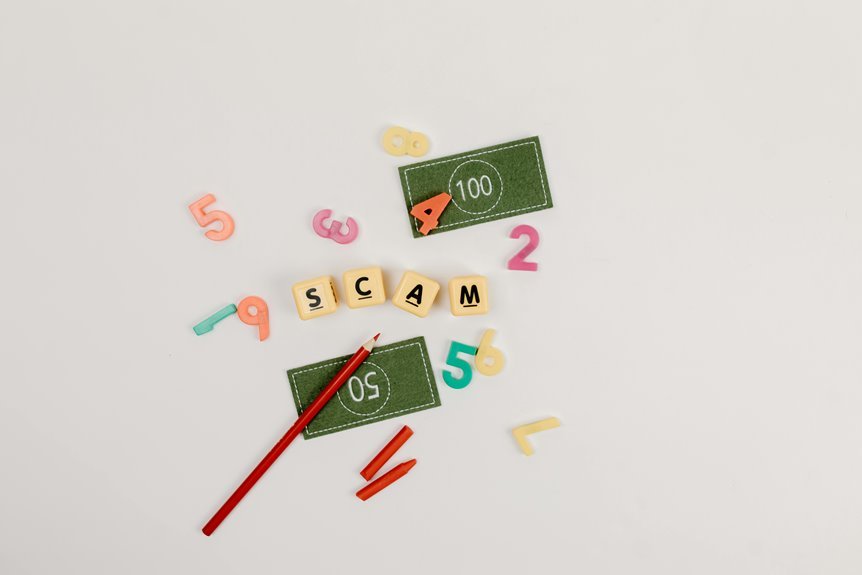Scam calls have become increasingly prevalent, with certain numbers linked to fraudulent activities. Recent reports highlight several specific numbers, including 3512282456 and 3388730372, known for employing tactics aimed at extracting personal information. Understanding the common methods used by scammers is crucial for protection. What are the signs that indicate a call might be a scam, and how can one effectively respond to such situations?
Understanding Scam Calls: Common Tactics Used by Scammers
Although many individuals may believe they can easily identify scam calls, scammers employ a range of sophisticated tactics designed to manipulate and deceive.
Common scams often involve urgent requests for personal information, spoofed numbers, or impersonation of trusted entities.
Caller tactics may include emotional appeals or threats, creating a sense of urgency that can cloud judgment and compromise an individual’s ability to discern the truth.
Analyzing the Numbers: What We Know About 3512282456, 3388730372, 3339394077, 3248918894, 3509546148, and 3510761194
Scammers frequently employ various phone numbers to reach potential victims, and analyzing specific numbers can provide insight into their tactics.
The numbers 3512282456, 3388730372, 3339394077, 3248918894, 3509546148, and 3510761194 exhibit distinct number patterns that may hint at caller origins.
Understanding these patterns can assist individuals in recognizing potential scams and remaining vigilant against unwanted calls that threaten their personal freedom.
Tips for Identifying Scam Calls
Recognizing the signs of a scam call is essential for protecting personal information and finances.
Utilizing call screening tools can help identify suspicious numbers before answering. Additionally, be cautious of calls requesting sensitive information or using aggressive tactics.
Voice recognition technology can aid in discerning legitimate callers from scammers, but awareness and vigilance remain key in safeguarding oneself against fraudulent calls.
Steps to Take if You Receive a Scam Call
Receiving a scam call can be unsettling, and knowing how to respond is vital for personal safety. Individuals should first hang up and avoid engaging with the caller.
Next, they should consider reporting scams to relevant authorities and sharing information with others.
Finally, blocking numbers associated with scams can help prevent future disturbances and protect personal freedom from unwanted intrusions.
Conclusion
In a world where phone calls can be as deceptive as a mirage in the desert, vigilance is paramount. Just as one would avoid drinking from a seemingly inviting pool of water without testing its purity, individuals must scrutinize incoming calls for potential scams. The numbers listed—3512282456, 3388730372, and others—represent a significant risk. By recognizing the signs of fraud and taking proactive measures, one can navigate this treacherous landscape with confidence and protect personal information from lurking threats.





